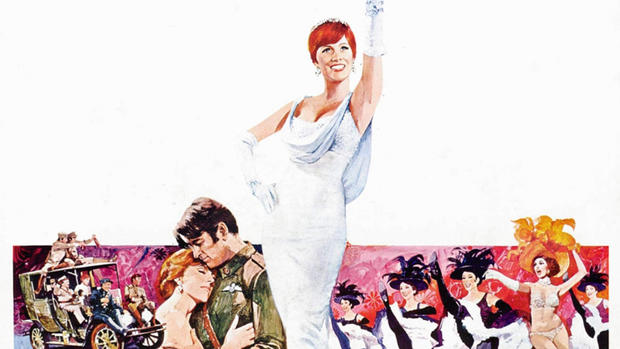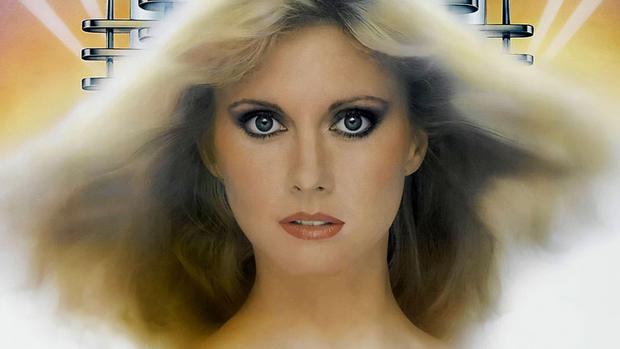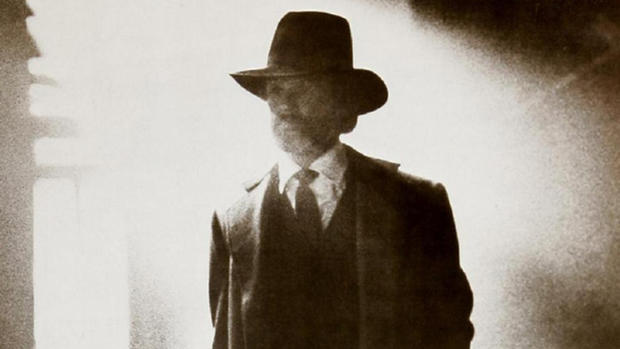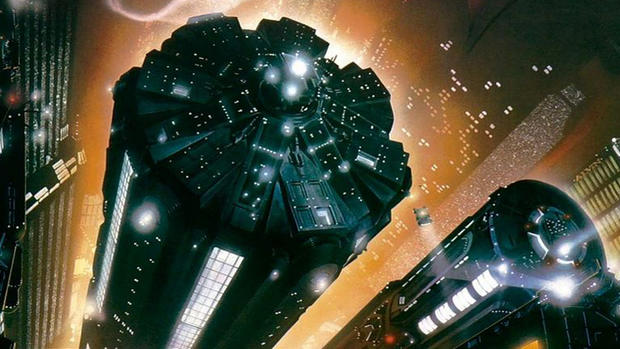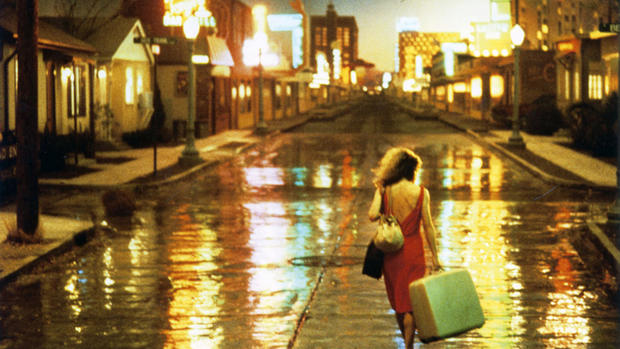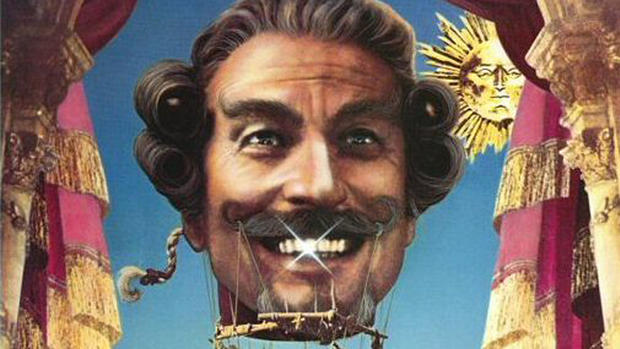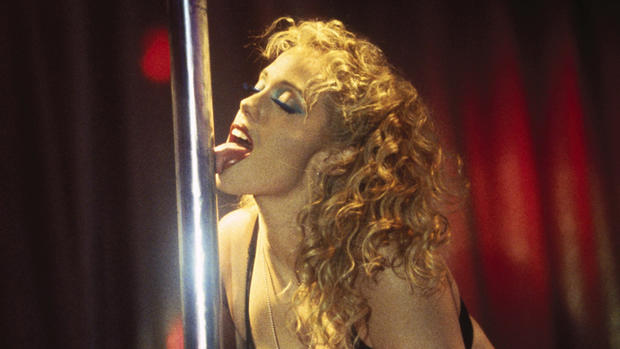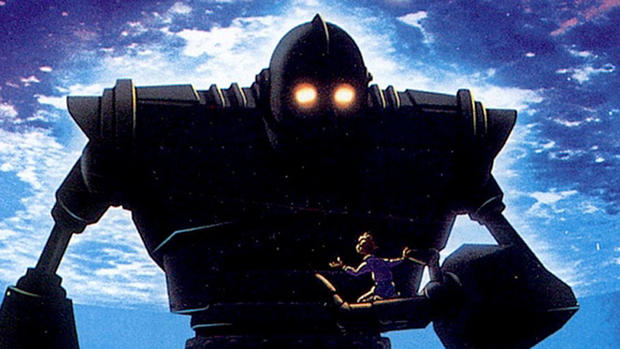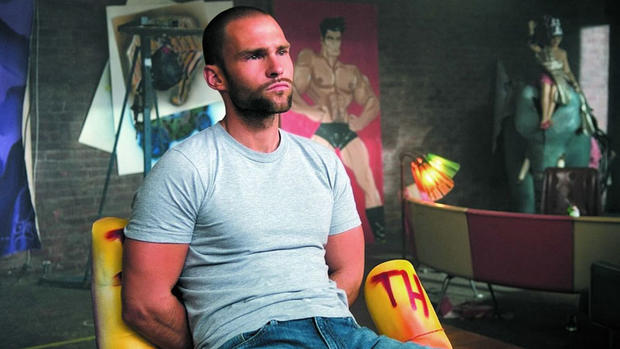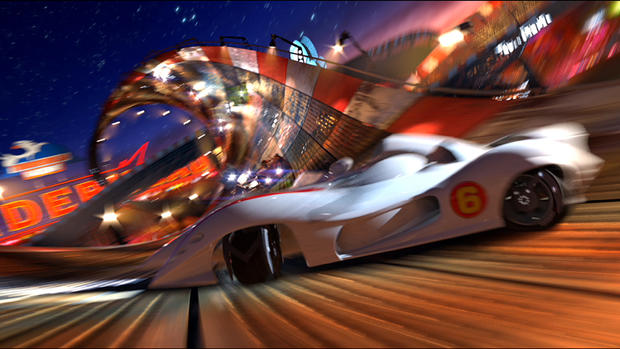Movie Blog: 10 Box-Office 'Flops' That Weren't That Bad
To hear it told, The Lone Ranger up and died nine times over at the box office last weekend. That's not entirely the case. It still did earn roughly $50, a gross that even this summer's runaway indie blockbuster -- the Matthew McConaughey drama Mud, which so far has only just managed to crack the $20 million mark -- would be thrilled to claim in its till. Still, The Lone Ranger's totals suggest that it's going to have a long, hard climb to recoup its production budget of approximately $250 million (on top of which you can also throw in another cool $175 million for its reported promotional budget).
A few critics have come out in Ranger's defense, though even the most passionate of them is still resigned to the hope that time will redeem the film to the mere level of "misunderstood." I can't say I see much to Ranger other than run-of-the-mill "blockbuster filmmaking by studio committee" tedium, but I empathize with that critic's attachment. To my eyes, some of the biggest bombs of all time were actually not that bad, or were at least interesting enough to endure as tortured anti-classics, rather than get cast off into the dustbin of history's forgotten mid-size hits. Here are ten movies that had their respective studios awash in red ink, but still have plenty of amusement value, whether legit or illicit. -- Eric Henderson
Darling Lili
(1970, dir. Blake Edwards)
Julie Andrews went from the undisputed queen of musicals to sheer box office poison in the space of a half decade. She had back-to-back annual #1's with Mary Poppins (1964) and The Sound of Music (1965), but got an unpleasant taste of disaster with the 1968 flop Star!, which earned back about $4 million of the budget's $14.3 million. At least that one got some decent reviews. Her 1970 follow-up Darling Lili did even more dismal numbers (cost: $25 million; earnings: $3.2 million) and few, it seemed, were willing to rush to its defense. Though director Blake Edwards (Andrew's new husband) complained of studio interference, and Andrews has very little chemistry with her co-star Rock Hudson, this WWI-era Mata Hari has its moments. Check out the haunting opening/closing number.
Xanadu
(1980, dir. Robert Greenwood)
This classic is camp in the truest, Susan Sontagian sense of the word, because Xanadu appears genuinely unaware of just how ridiculous it is, which isn't an easy feat given all the neon streaks, naïve performances and overly-processed songs by Electric Light Orchestra. A nostalgia-drunk confluence of 1940s swing, 1970s roller disco and misguided notions of what 1980s pop would bring, Xanadu is lovably dumb. Critical ire helped keep this $20 million production from breaking even, but at least you can see every penny up there on the screen, unlike the other disco-era disaster it's often lumped in with: the Village People bomb Can't Stop the Music (which cost the same and looked closer to the $2 million it actually earned back).
Heaven's Gate
(1981, dir. Michael Cimino)
This was the straw that broke the camel's back for all "mad genius" 1970s auteurs. A classic out-of-control production met with positively embarrassing box-office returns, and the title became synonymous with failure (at least until such time as it became synonymous with cult suicides). Today's average Hollywood budgets have skyrocketed to such an extent that failures of the John Carter variety are a mathematical probability. But that was not the case when director Michael Cimino (fresh off his Oscar win for The Deer Hunter) drained United Artists' bank accounts and sent the company spiraling into bankruptcy. The movie cost a then-scandalous $50 million and made back only one or two, thanks to the positively scathing reviews. But if comedy equals tragedy plus time, revisionist history now views Cimino's stubbornly analog excesses as part of a lost era. It's sense of scope is truly something to behold.
Blade Runner
(1982, dir. Ridley Scott)
Some may point out that I didn't include The Wizard of Oz and It's a Wonderful Life in my list. The primary and mostly objective reason for that was that both movies did come pretty close to breaking even, and not just in the long haul. The secondary and purely subjective reason is that it doesn't feel, in retrospect, like movies' reputations back then were so closely hard-wired into their box-office performance as they have since become. (Hence, all but one film on this list dates post-Jaws.) Bucking the trend a tad, then, is Blade Runner, which was certainly an expensive disappointment in 1982, but one which still earned solid notices, Oscar nominations and a cult audience that's only grown in fervor since the movie's original release. (A director's cut that cleaned up some of the movie's problems didn't hurt.) As long as there are both Blade Runners and Pirates of the Caribbean sequels, no one can ever presume high grosses or lack thereof write the final chapter on any movie's artistic value.
One from the Heart
(1982, dir. Francis Ford Coppola)
Almost every major director from the American New Wave got their turn taking a massive swing and miss at the plate. Spielberg had 1941, Scorsese had New York, New York, and Altman had Popeye. It looked to just about everyone that Francis Ford Coppola would out-disaster them all with the wholly calamitous production history of Apocalypse Now. But somehow his Waterloo became his watershed, and Apocalypse redeemed his penchant for excess. He paid the piper, though, with his intimate, romantic musical comedy One from the Heart, which cost $26 million thanks to its enormous Las Vegas sets and experimental video-editing techniques, and earned less than $1 million. Sift beyond the wreckage, though, and you'll find a dazzling, funny, virtuosic piece of filmmaking.
The Adventures of Baron Munchausen
(1988, dir. Terry Gilliam)
Minnesota native and Monty Python alum Terry Gilliam doesn't do anything other than excess, so that some of his movies would end up on a list of big-budget bombs is a given. In a stroke of almost poetic irony, he has spent many recent years attempting to get together an epic based on Don Quixote, but has seen all his efforts go up in smoke. As far as movies that actually made it to the big screen go, none lost money quite as flamboyantly as The Adventures of Baron Munchausen, a bloodbath to the tune of about $75 million, adjusted for inflation. But like many other Gilliam projects, his uneasy blend of the titanic with the irreverent makes for compelling viewing.
Showgirls
(1995, dir. Paul Verhoeven)
It cost $45 million and earned back about $37 million, which don't quite match the scandalous figures reflected elsewhere on this list. But bear in mind that this was $45 million spent in service of stretching out director Paul Verhoeven and screenwriter Joe Eszterhas's bottomless supply of bad faith for topless melodrama. I've written before, and at length, of my love for this instantly reviled pop culture object. So bad it's good, so bad it's horrible, so great it's a masterpiece -- so long as it remains in the conversation, I'm good.
The Iron Giant
(1999, dir. Brad Bird)
Toy Story 2 was supposed to be a direct-to-video effort, and Pixar and Disney's decision to push it into theaters, where it succeeded magnificently on all counts (critical and popular), said all that needed to be said about the future of animation circa 1999. But in case anyone missed the message, the comparative failure of the contemporary, largely traditionally-animated The Iron Giant double underlined the passing of that particular baton. Giant's failure is particularly heartbreaking, with Brad Bird's clear-eyed, warm sense of character and narrative momentum also getting the cold shoulder as audiences started opting instead for in-jokey obscenities like Shrek.
Southland Tales
(2006, dir. Richard Kelly)
Bear in mind that this statement is coming from someone who has gone on the record calling Showgirls one of the greatest films ever made: I'm still not sure whether Southland Tales is a magnificent movie or maybe the worst movie ever made. In my up-is-down world, I have my suspicions about which category it belongs, and thus give it the benefit of the doubt. But the rest of the world seems pretty sure that Donnie Darko director Richard Kelly's splatter-shot apocalyptic sci-fi musical dramedy is an unqualified disaster. Amazing that so many people could have an opinion on a movie that earned less than $400,000 at the box office.
Speed Racer
(2008, dir. The Wachowskis)
Go figure. As audiences continue to willingly hook themselves up to The Matrix of loud, shallow, sensory-assaultive video game entertainments masquerading as movies, they decide en masse not to respond to a movie that excels at every one of those requirements. Less a movie than a giant collection of eye-popping cut scenes, Speed Racer may just represent the real future of movies. And I'm nowhere near as scared by that prospect as so many of the same people who swear The Avengers and The Dark Knight are, like, the greatest movie ever made.
